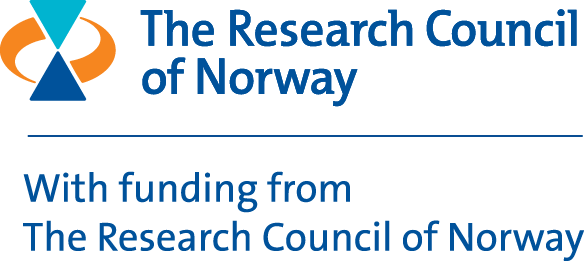Helene O. I. Gundhus, Professor in Criminology at University of Oslo
Helene explores how the nexus of crime and migration on global and national level affects policing of migration in a welfare state. The Norwegian state devotes enormous resources to identifying and deporting non-citizens and has the highest deportation rate among European countries. The number of forced returns has been determined by a remarkable rise in performance indicators. The tasks of controlling migration are not only vested in specialized border control agencies, but are also increasingly part of mundane police work as police patrolling and investigation, thus forming a variety of assemblages of border control and traditional law enforcement rationalities, methods and objectives. In interviews police speak of ‘changing track’ between criminal and immigration law, and the advantages of being able to choose between them as they wish, depending on their objectives and the availability of resources. The convergence of border control and criminal law is therefore producing new forms of policing and criminal justice which is deeply ‘abnormal’ in a sense that they essentially depart from the forms of policing and justice afforded to citizens (Aas, 2014: 526). The strategies and initiated projects are clearly targeted, directing suspicion exclusively at non-citizens.
In this project the aim is to unpack different policing methods and developments of risk indicators in policing migration, and to analyse how constructions of (in)security rely upon the concrete power relations and global divide. Helene explores how global dimensions and fear of the ‘crimmigrant other’ are shaping and shaped by transnational police security networks and ideas about vulnerabilities and threats. What role does intelligence and profiling play in relation to the police's handling of various target groups and views on vulnerabilities, threats, danger and risk? To what degree has intelligence-led policing, new institutional logic, and social and political rationalities led to a situation where police not only are controlling crime but also producing threats, and framing who should be seen as vulnerable and protectable? The project is empirical and based on fieldwork and observations. In one case she explores Operation Migrant, the first national intelligence project in Norway. The analysis revels how knowledge production builts on risk management and sharing of risk intelligence products are co-produced by intelligence staff and decision makers. This has paradoxical outcomes of a calculated and precautionary logic applied to policing migrants. Another case is exploring how performance indicator systems have impact on the policing of migrants and deportation practices in Norway, and the selection of migrants for id- checks on the streets.

The research is funded by Norwegian Research Council: NFR 238170/F60

